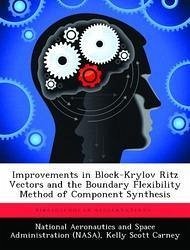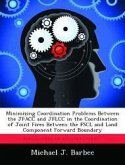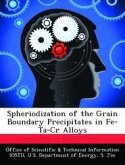A method of dynamic substructuring is presented which utilizes a set of static Ritz vectors as a replacement for normal eigenvectors in component mode synthesis. This set of Ritz vectors is generated in a recurrence relationship, proposed by Wilson, which has the form of a block-Krylov subspace. The initial seed to the recurrence algorithm is based upon the boundary flexibility vectors of the component. Improvements have been made in the formulation of the initial seed to the Krylov sequence, through the use of block-filtering. A method to shift the Krylov sequence to create Ritz vectors that will represent the dynamic behavior of the component at target frequencies, the target frequency being determined by the applied forcing functions, has been developed. A method to terminate the Krylov sequence has also been developed. Various orthonormalization schemes have been developed and evaluated, including the Cholesky/QR method. Several auxiliary theorems and proofs which illustrate issues in component mode synthesis and loss of orthogonality in the Krylov sequence have also been presented. The resulting methodology is applicable to both fixed and free- interface boundary components, and results in a general component model appropriate for any type of dynamic analysis. The accuracy is found to be comparable to that of component synthesis based upon normal modes, using fewer generalized coordinates. In addition, the block-Krylov recurrence algorithm is a series of static solutions and so requires significantly less computation than solving the normal eigenspace problem. The requirement for less vectors to form the component, coupled with the lower computational expense of calculating these Ritz vectors, combine to create a method more efficient than traditional component mode synthesis.








